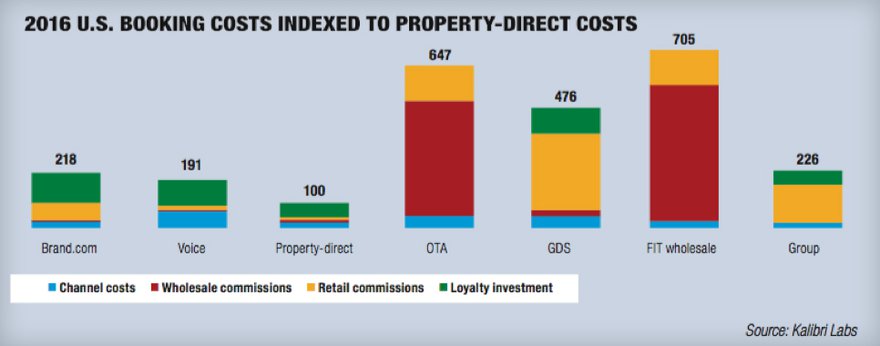
It’s a common philosophical question among hoteliers, and of late, it has floated even more to the forefront of the minds of operators and thought leaders across the industry. With the advent of the internet, breadth of search functionality and purchase options available to hotel guests, it’s a question with many nuanced answers and an area that needs to be concretely addressed. The third-party intermediaries have offered an influx of “options” when it comes to transacting, but one must ask whether these options are truly a gateway or gatekeeper to higher guest satisfaction and increased occupancy.

Before the technological developments in distribution, efforts in creating customer loyalty were focused on the competition between and among hotels and companies. Sales and marketing budgets were dedicated to promoting the unique selling propositions of the property and differentiating Hotel ABC from Hotel XYZ. Hotel marketers would highlight the benefits of Hotel ABC’s physical plant versus that of Hotel XYZ, and why this unique combination of space and service provides a superior overall guest experience.
While that aspect of market distinction has remained mostly intact, there is a secondary competition for the time and attention of the guest throughout the travel-planning process. Part partnership, part rivalry, hotel brands compete with themselves for the eyes and loyalty of the consumer and across the third-party intermediaries whose primary goal is to generate bookings for their partners, which comes at a cost to the suppliers. This means that any discussion about “who owns the guest” has to be considered in a two-phased approach examining brand-versus-brand competition for the guest and examining brand-versus-third-party competition for the guest.
Of course, these developments are not lost on the brands as, over the past couple of years, they have invested significant resources into attracting guests to begin their guest experience on brand.com and to complete their transaction directly with the brand, as well. Most recently this has been evidenced with “book direct” marketing campaigns.




